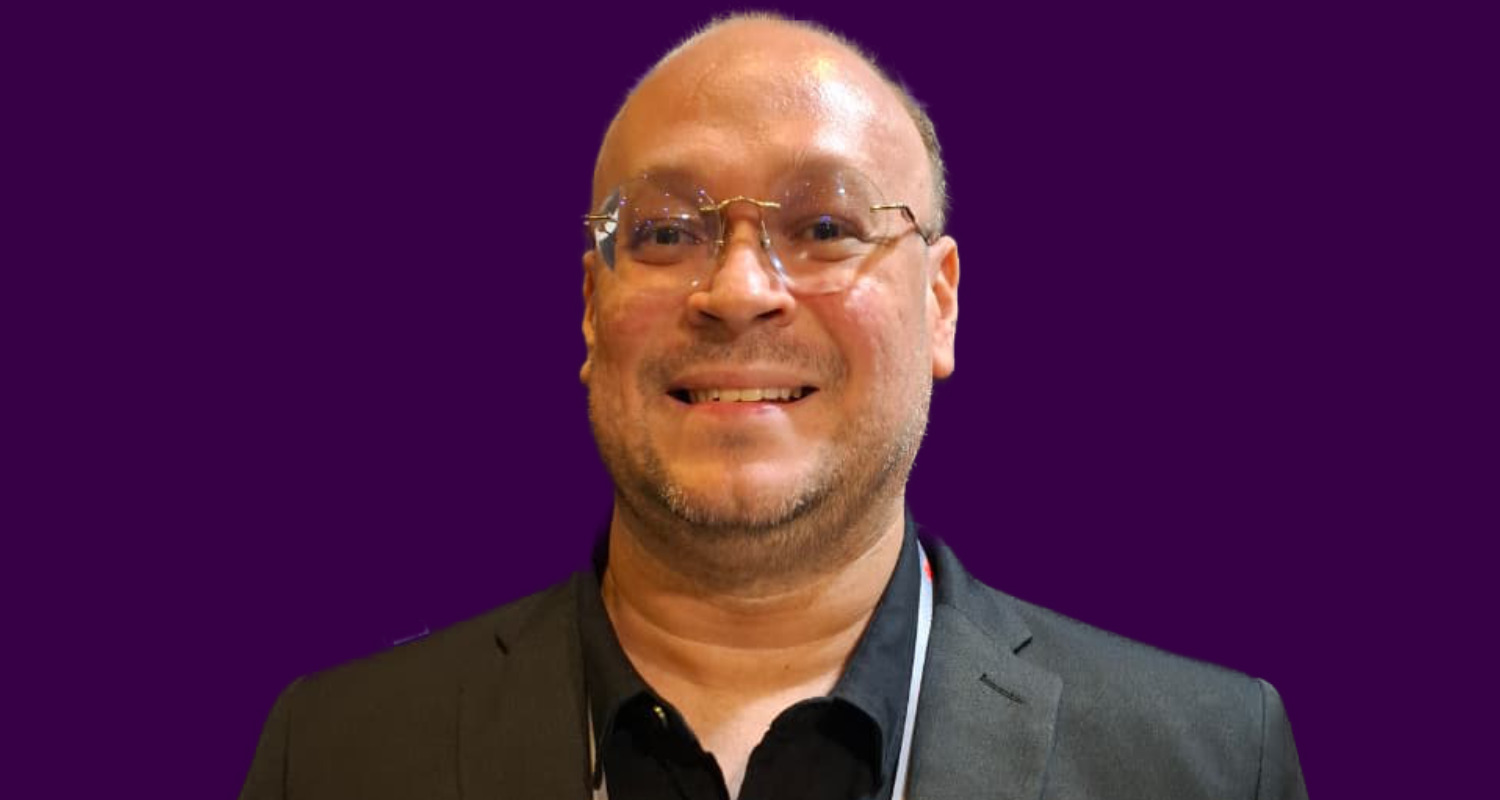Businesses that are required by law to collect know-your-customer (KYC) information are set to benefit from improved speed and reliability as digital identity systems become more commonplace in Africa.
The banking, insurance and automotive sales sectors are among the key beneficiaries, though areas such as driver’s licence issuance, qualifications verification and criminal record checks are set to benefit, too.
But for Africa to realise the potential digital systems offer to travel, trade and economic growth, unified standards must be developed to ensure different governments can accommodate any compliant digital ID, regardless of its origin.
“In Africa, some countries don’t even have an effective identity system, so the question is how we get them on board. India also had an issue with that and they are moving ahead and now able to get people bank accounts and such,” said Shaveen Bageloo, web3 architect at the Hashgraph Group, in a panel discussion at the Africa Tech Festival earlier this week.
“As African countries, we need to … create standards, because the technology is already there. And for those countries that don’t have identity systems, we need to get them there.”
Fintech companies are particularly affected by fragmentation in identity systems between jurisdictions. Low formal banking penetration rates have led to most unbanked Africans using mobile wallets such as Vodacom Group’s M-Pesa and MTN Group’s MoMo to gain access to financial services. But siloed approaches have led to systems that lack interoperability, even within the same ecosystem.
Big impact
Speaking on the same panel, Tim Thueri, executive head of cybersecurity at M-Pesa Africa, said fragmented identity systems with different KYC requirements have a big impact on remittance flows across the continent.
“The biggest challenge Africa is facing right now is the lack of a single, universally trusted, privacy-preserving digital identity schema that will be trusted across borders and be accepted by all. The challenge in Africa is there is no one single regulation that will enforce that digital identity,” said Thueri.
A single legal framework across the entire continent is not the only way to approach the fragmentation problem. The government of Estonia began implementing digital identity systems as far back as 2002. Speaking at a separate panel discussion on Wednesday, Mariin Ratnik, deputy minister for economic & development cooperation, said systems built on different standards can still communicate effectively via a common interface.
Read: South Africa to roll out digital IDs – what to expect
“It does not matter that digital identity systems are not the same. You don’t have to have standardisation; what matters is that they are able to communicate to others on the continent and around the world,” said Ratnik. “If you build interoperability into these systems between different countries, you lower the cost of roaming and trade, and this ultimately will improve the lives of people across the continent.”
In February, President Cyril Ramaphosa announced government’s intention to revolutionise the way South Africans access public services. The plan involves relaunching the gov.za platform to make more services available online. According to the president, digital identity – managed by the department of home affairs – sits at the core of government’s plans for online service delivery.

A country like South Africa in its economic profile that has also successfully implemented digital IDs is Brazil. Serpro, the state-owned entity responsible for the implementation of Brazil’s digital identity system, was one of the exhibitors at the Africa Tech Festival.
Daniel Patriota, a business analyst at Serpro, said the use of digital IDs has cut the time to issuance of identity documents from two weeks to just two minutes, with users able to process the application online and not needing to go into a government building to access the service.
Brazil’s system uses two mobile applications, one for users and another for officials and enterprises. Brazilian citizens can use their app to present a QR code to authorities. Only the official authorities’ app can decipher a user’s QR code.
Read: Get your ID delivered like pizza – home affairs’ latest digital shake-up
Information related to a citizen’s drivers licence and its validity, traffic fines, owned vehicles, vehicle licence disks and formal education certificates are all available on the user app. The user can choose which portions to share with any entities they engage with. According to Serpro, users can use the same application to store passports and visa information when travelling.
“The data is available offline so a person in a rural part of the country who gets stopped by the police can still show that they have a valid driver’s licence. When people lose their phones, they have a physical card with a QR code that they can use as backup, but then they must re-verify themselves using biometrics on their new device to be issued new tokens,” said Patriota. – © 2025 NewsCentral Media
Get breaking news from TechCentral on WhatsApp. Sign up here.

